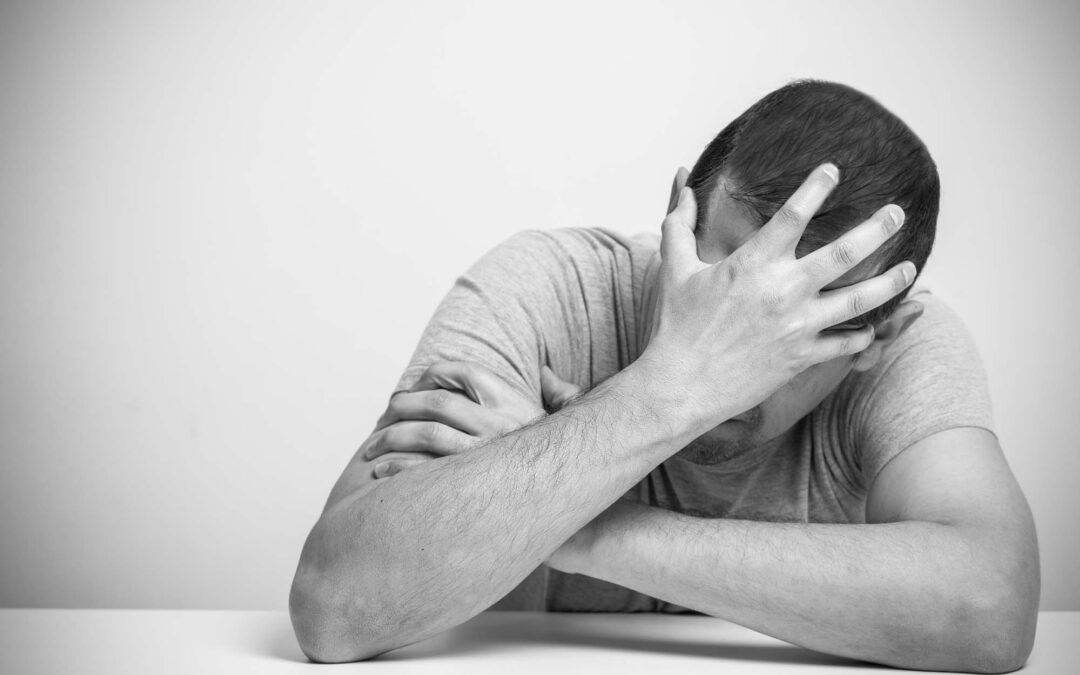Challenges of Motherhood in Recovery
Mothers in recovery face a complex web of challenges that extend beyond the typical hurdles of addiction treatment. The deep-rooted societal stigma surrounding women and substance use creates additional layers of shame and judgment. Many women report feeling labeled as “failed mothers” or “morally corrupt,” making it harder to seek help openly.
Balancing Parenting and Recovery
The daily balancing act between motherhood and recovery demands proves particularly daunting. Mothers must navigate childcare arrangements, maintain household stability, and attend treatment sessions – all while working through their personal healing journey. The fear of losing custody or damaging their children’s well-being often prevents women from acknowledging their need for help.
Accessing Treatment
Access to treatment presents its own set of obstacles. Traditional rehabilitation programs rarely accommodate the unique needs of mothers. Limited childcare options during treatment hours, financial constraints, and inadequate insurance coverage create significant barriers. Many women find themselves choosing between seeking treatment and fulfilling their parental duties.
Understanding Gender-Specific Challenges
The intersection of gender-specific challenges amplifies these difficulties. Women face distinct biological and social factors in addiction, including trauma histories, relationship dynamics, and hormonal influences. Treatment programs must recognize and address these unique aspects to provide effective support for mothers seeking recovery.
The path to recovery requires specialized support systems that understand the delicate balance between motherhood and healing. West LA Recovery offers such tailored support with a team that comprehensively understands these challenges. You can learn more about our dedicated team here. For those seeking assistance, we encourage you to reach out through our contact page.
Family-Centered Treatment Approaches
Family-centered rehabilitation programs recognize the vital connection between mothers and their children during the recovery journey. These specialized programs create a nurturing environment where women can heal while maintaining their essential role as mothers.
Our Approach
Our family-focused treatment approach incorporates dedicated spaces for children within the facility, allowing mothers to participate in therapy sessions while their little ones receive care and support nearby. This setup addresses a critical barrier many women face when seeking treatment – the fear of separation from their children.
Daily Routine
The structured daily routine includes parent-child bonding activities, family therapy sessions, and parenting skills workshops. Mothers learn to navigate recovery while developing stronger relationships with their children through supervised interactions and guided play therapy.
Specialized Counseling
These programs also provide specialized counseling for children, helping them understand and process their experiences in age-appropriate ways. The healing extends beyond individual recovery – it strengthens the entire family unit.
Specialized Programs and Initiatives for Mothers
Specialized addiction treatment programs recognize the distinct needs of pregnant women and mothers struggling with substance use disorders. These initiatives provide tailored support that addresses both addiction recovery and parenting responsibilities.
Types of Treatment Options Available
Women in recovery benefit from treatment approaches specifically designed to address their unique needs and experiences. Gender-specific treatment programs create safe spaces where women can openly discuss personal challenges without judgment.
1. Intensive Outpatient Programs (IOP)
Intensive Outpatient Programs (IOP) allow mothers to maintain their daily responsibilities while receiving structured treatment. These programs typically include evening sessions and flexible scheduling to accommodate childcare needs.
2. Cognitive Behavioral Therapy (CBT)
Cognitive Behavioral Therapy (CBT) stands as a cornerstone of effective addiction treatment for mothers. CBT helps identify triggers, develop coping strategies, and reshape negative thought patterns. This therapeutic approach proves particularly valuable for addressing the complex emotions surrounding motherhood and recovery.
3. Holistic Treatment Options
Holistic Treatment Options such as mindfulness meditation, yoga therapy, art expression, and movement therapy support emotional regulation and stress management – essential skills for maintaining sobriety while navigating parenthood.
4. Trauma-Informed Care
Trauma-informed care integrates understanding of past experiences into the treatment process. This approach recognizes the interconnection between trauma, addiction, and parenting challenges.
5. Group Therapy Sessions
Group therapy sessions create opportunities for women to share experiences with others who understand their journey. These connections foster healing through shared understanding and mutual support.
6. Alternative Therapies
Alternative therapies such as acupuncture and nutritional counseling address physical wellness alongside emotional healing. This comprehensive approach supports sustainable recovery by nurturing both body and mind.
Building Support Systems for Lasting Recovery
Strong support systems create the foundation for lasting sobriety in motherhood. Community support groups offer a safe space where mothers can share experiences, challenges, and victories with others who understand their unique journey. These groups provide practical advice, emotional validation, and accountability – essential elements for maintaining long-term recovery.
Peer Networks for Mothers in Recovery
Peer networks specifically designed for mothers in recovery address the distinct challenges of balancing parenthood with sobriety. Through these connections, mothers find strength in shared experiences, from managing triggers during family events to navigating child-related stress without turning to substances. Regular meetings, both in-person and virtual, create opportunities for meaningful relationships that extend beyond recovery discussions.
Incorporating peer support workers into these networks can further enhance the recovery journey. These trained individuals provide invaluable assistance by sharing their own experiences and offering guidance.
Identifying Key Individuals for Your Support System
Building a personalized support system requires identifying key individuals who understand and support your recovery goals. This network might include:
Trusted Family Members
- Those who provide childcare during support meetings
- Relatives who maintain substance-free environments
- Family members educated about recovery
Professional Support
- Recovery coaches specializing in maternal health
- Therapists experienced in addiction and parenting
- Healthcare providers who understand substance use disorders
Sober Community
- Recovery group sponsors
- Fellow mothers in recovery programs
- Local parenting support networks
Creating boundaries, communicating needs clearly, and maintaining consistent contact with support system members strengthens these vital connections for sustained sobriety.
Postpartum Recovery and Mental Health Considerations
The intersection of postpartum recovery and addiction recovery creates unique challenges for new mothers. Physical healing combines with emotional adjustments, hormone fluctuations, and the demands of caring for a newborn. These factors can intensify cravings and trigger potential relapse risks.
Specialized mental health resources provide essential support during this critical period. Many treatment centers now offer dedicated postpartum counseling services, combining addiction recovery with maternal mental health care. These programs address postpartum depression, anxiety, and the specific emotional needs of recovering mothers.
Effective stress management strategies include:
- Practicing mindful breathing during feeding sessions
- Establishing sleep schedules aligned with baby’s patterns
- Joining mother-baby support groups that understand recovery
- Maintaining regular check-ins with mental health professionals
- Creating quiet moments for self-care and reflection
Remember: Your recovery journey and motherhood path are uniquely yours. Seeking help isn’t a sign of weakness—it’s a testament to your commitment to both your sobriety and your child’s wellbeing.







